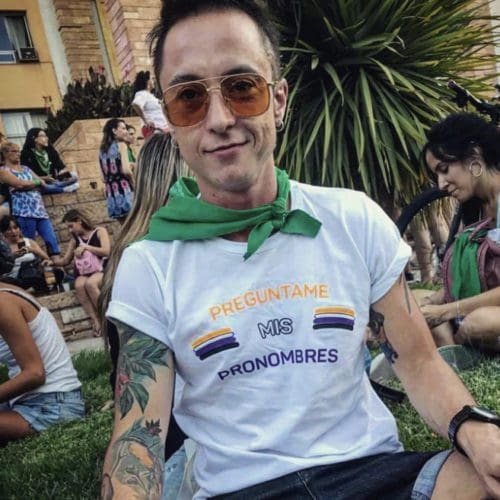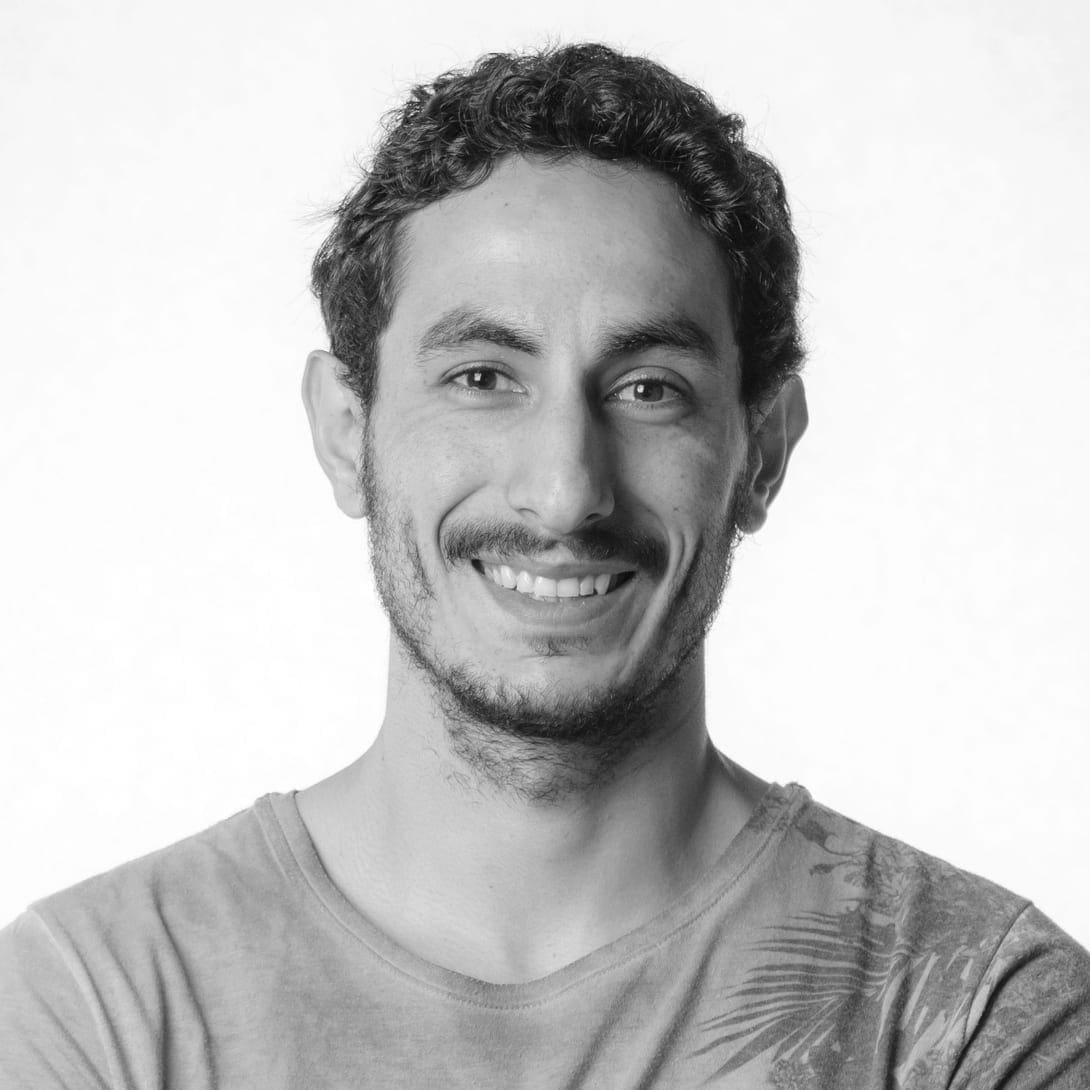Non-binary, transgender trailblazer celebrates ID victory in Argentina
I am convinced all people should have the opportunity to be who they feel they are; not who society says they should be. Earning my legal identification as a non-binary and transgender person is proof that after being consumed with insecurities, pride is possible.
- 3 years ago
December 12, 2021

MENDOZA, ARGENTINA—Thirty-five years ago, I was assigned female at birth, but in 2018, I became one of the first Argentinians to change my gender on my birth certificate. After years of struggle, my National Identity Document finally reveals who I am: a non-binary, transgender person.
The beginning of gender self-discovery
Growing up in the conservative city of Mendoza limited my gender expression. Though my family did not confine me through religious beliefs, societal views of gender created uncomfortable boundaries. For example, I wanted to learn karate, but it was considered inappropriate for girls.
Unable to express who I was, I developed an eating disorder and other harmful behaviors. At 15, I wanted to learn about hormone replacement therapy, such as testosterone. However, the limited and daunting information available stifled my curiosity.
Five years later, I fell in love with a woman, reconciling myself to identify as a lesbian. This first step of the process was difficult, but I found I could talk about it with family and receive support.
I accepted them just as they accepted me, understanding that we all had a process to go through. I put myself in the position to teach, so we could learn together as a family and engage in dialogue.
Having spent my entire life to that point without the bonds of a sexual, loving relationship, seeing myself as a lesbian freed me to become more sociable.
Transitioning from cisgender to non-binary, transgender
Time passed and little by little, I cut my hair. I bought men’s shirts and clothing, presenting more androgenous. At 29, I started taking male hormones and I changed my name from María Carolina to Gerónimo.
The fear of losing people through my transition gripped me. I anticipated losing my job, but none of that happened. From the first moment working in a public hospital, they embraced me, though I remained fearful at times.
Being middle class, having a college degree and working as a doctor accustomed me to social acceptance. The greatest bias I ever endured was the social rejection of my gender identity.
As I began to live outwardly as Gerónimo and my image masculinized, I realized I did not fully identify as male either. I did not want to be restricted to one strict place on the gender spectrum. In 2018, Argentina’s people engaged in the first primary debate on abortion law. I participated in the Network of Professionals for the Right to Decide and joined feminism and transfeminism groups.
I began to understand queer theory and what binomial people were like, finally putting a name to what was happening inside me. While I often present externally as male, often, when I am with my friends, I feel like just another girl. My second transition from Gerónimo to Gero Caro took place as I accepted that I am non-binary.
I am a human being like anyone else; I simply understand gender issues differently.
A legal fight for gender rights leads to an emotional victory
Seeking ID recertification in 2018 began my legal fight for my rights. The Mendoza Civil Registry and the National Registry of Persons assured me I would receive a new identification.
However, time passed, and the responses became less and less encouraging. The distress of being undocumented consumed me. Presenting my old ID revealing the wrong image felt uncomfortable.
I began experiencing panic attacks, anxiety, and stress. Explaining that the image on the ID was me led to shame and a dark time in my life. I did not want to go out of the house.
Forced to continue using the old documents for about two years to make purchases or for personal procedures was confusing to people. As a doctor, it confused my patients to see my old name, which didn’t match how I presented myself.
I joined a group called Todes con DNI to collect stories of people in similar situations. This added incredible support to my own fight to rectify my identification.
When the news finally came that my legal identification was changing, I experienced pure joy. This means under sex on my documentation, you see an X. Many of us would feel better if there was nothing listed under sex at all, but due to internal regulations, the box cannot be left empty.
I am convinced all people should have the opportunity to be who they feel they are; not who society says they should be. Earning my legal identification as a non-binary and transgender person is proof that after being consumed with insecurities, pride is possible.
Being able to walk forward as my true self in front of the world is an indescribable feeling.











































































































































































































